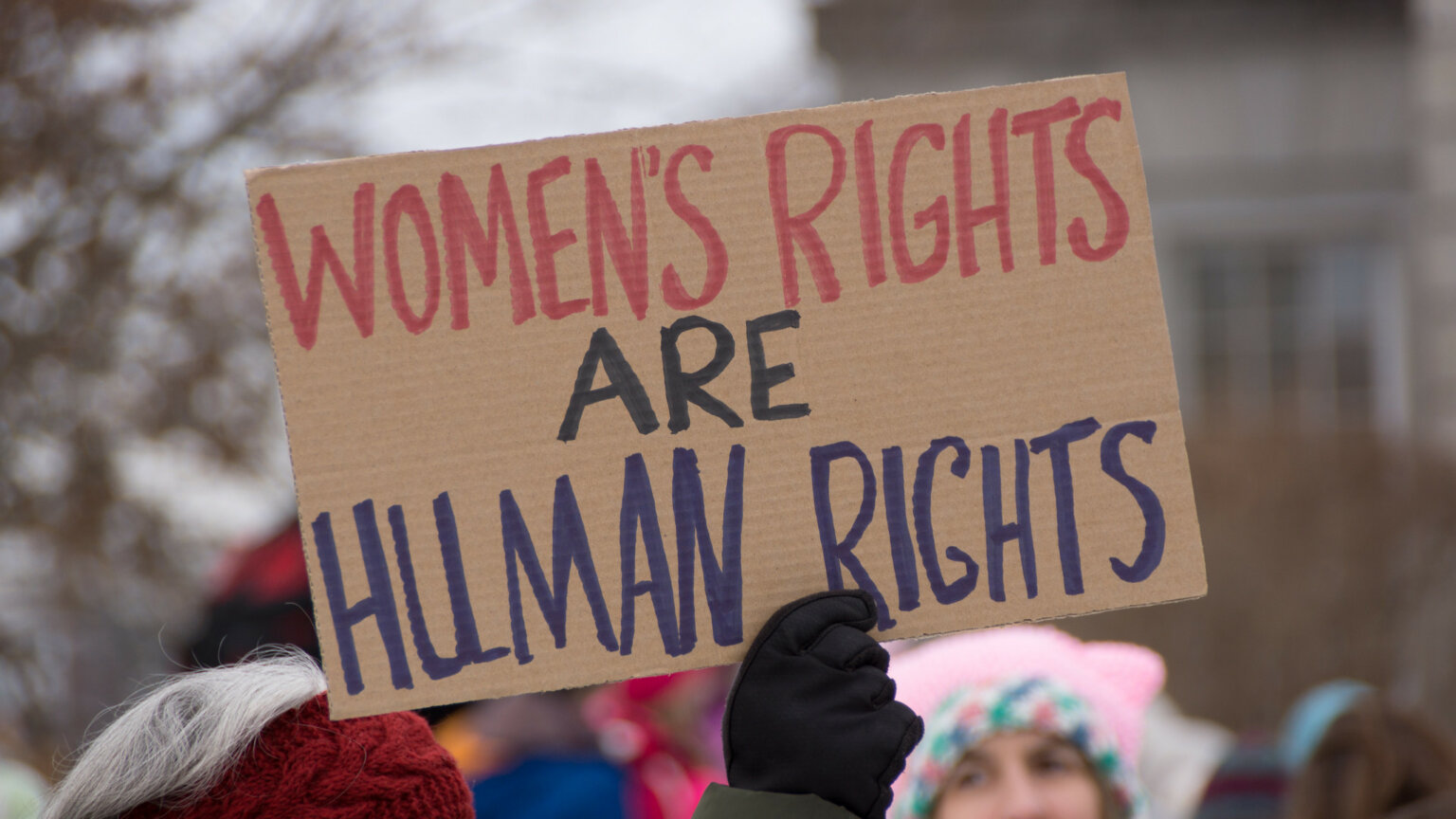- About
- Topics
- Story
- Magazine
- In-Depth
- Picks
- Opinion
- News
- Donate
- Signup for our newsletterOur Editors' Best PicksSend
Read, Debate: Engage.
| topic: | Women's rights |
|---|---|
| located: | Brazil, Chile, Costa Rica, Mexico |
| editor: | Ellen Nemitz |
What does it take to achieve gender equality? You can think about women and men accessing the same civil rights and opportunities, receiving the same salary for equivalent work, fairly sharing domestic tasks and unpaid care, or living free of violence and prejudice. All of these are components. On International Women's Day, it is important to highlight the numerous aspects of how our society still maintains unacceptable gender disparities. Despite noticeable advances over the past decades which have opened once-forbidden spaces to women, in most cases countries have failed to provide actual structural changes, as revealed by data and women's statements.
Take governmental representation, for example. The percentage of women in ministerial cabinet positions in Latin America varies widely across the region: from 6 percent in Brazil to 58 percent in Chile - not to mention Saint Vincent and the Grenadines, Belize and Montserrat, which do not have any female representation at all. Costa Rica (50 percent), Mexico (44 percent) and Colombia (41.5 percent) follow Chile’s lead of almost equal representation. On average, however, less than one third of the positions are occupied by women, according to the Gender Equality Observatory of the Economic Commission for Latin America and the Caribbean.
Meanwhile, women take on a greater number of unpaid working hours than men in all countries, including a significant disparity in Chile, which stands out in the first index: Chilean women spend an average of 42 hours a week performing activities without compensation - more than twice as much as men.
Among women who earn their own incomes, the report says, the unpaid hours decrease not due to reductions in inequality, but because they can afford to hire some of the services. "This dynamic has been largely attributed to discrimination and traditional gender stereotypes in the assignment of work and their respective social value," reads the analysis.
In Brazil, a country still hit hard by financial gender inequality and violence against women, FairPlanet met Dona Virginia Paz, who carries in her name the synonym of non-violence (Paz means peace, in Portuguese), but also the strength of someone who felt the worst face of gender violence. "I used to be afraid for a while, because physical violence [leaves] marks, scars," she recalls.
Nowadays, she no longer accepts this situation and dedicates herself to empower her fellows. "Today I work with women and strengthen them so that they do not accept that a man, because he is physically stronger, thinks he can come and attack us."
Nonetheless, Virginia continues to face the less visible kind of gender prejudice, the one which makes women constantly struggle to prove their value. "Violence is not only when we get slapped, punched, or kicked by a man. [There is also] verbal violence, which I believe is the most painful. He thinks that he is a man and that he can do anything, that he will speak up and the woman will keep quiet," she describes.
When it comes to gender equality, we often resort to data in charts, which are, indeed, extremely important to give an overall glimpse on women's situation regarding their rights. On every corner of the continent, however, we can find people such as Dona Virginia, striving to make themselves heard and to fulfill their dreams.
"The truth must be told. We can't hide under the rug or behind a curtain. We have to show our faces and say no more violence against women," she claims. "This has to be stopped and it will only be over from the moment we speak out in search of freedom, of respect for women. We have to unite and be strong, so that we know that we can get anywhere and anything we want."
Image by Persnickety Prints

